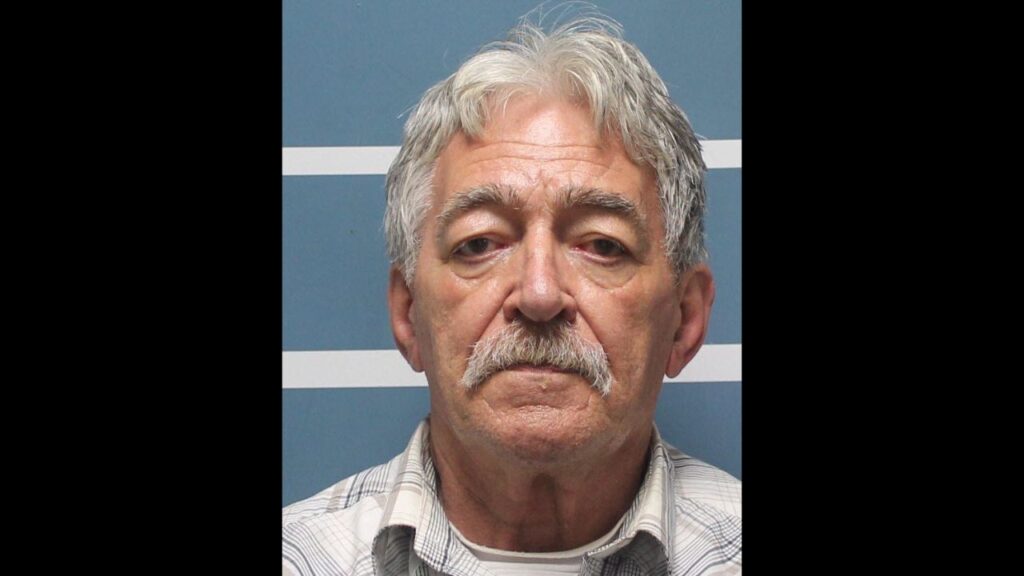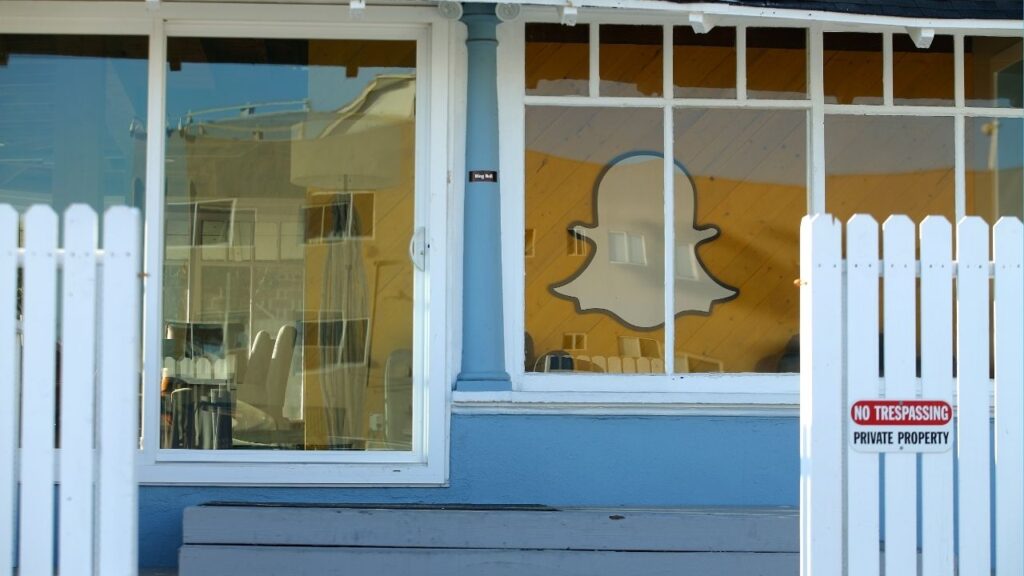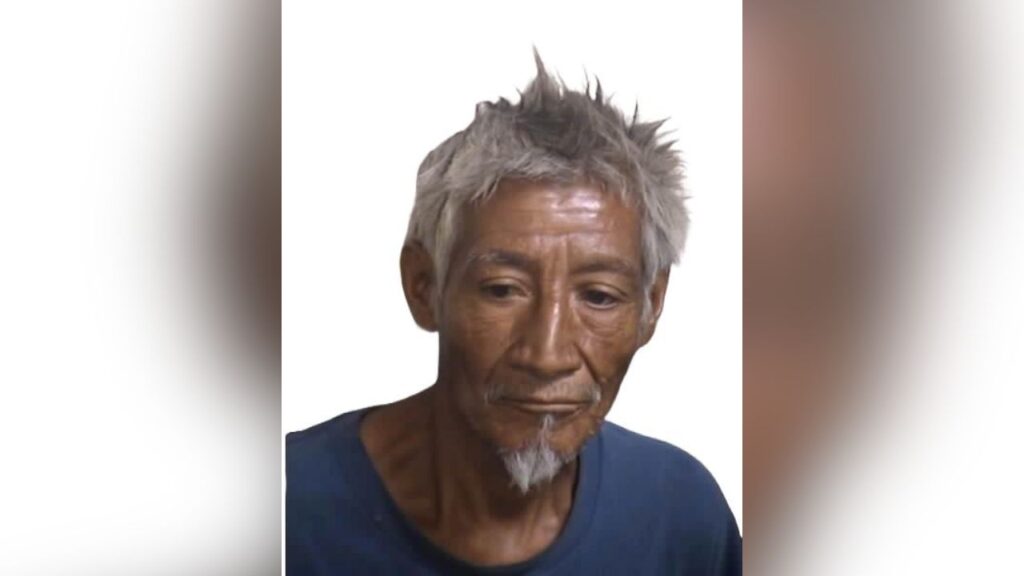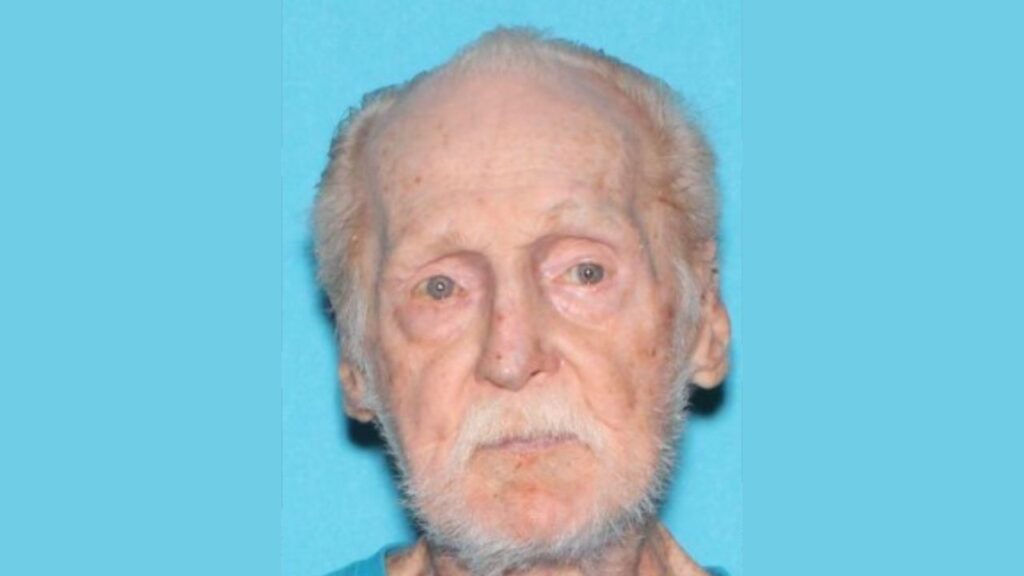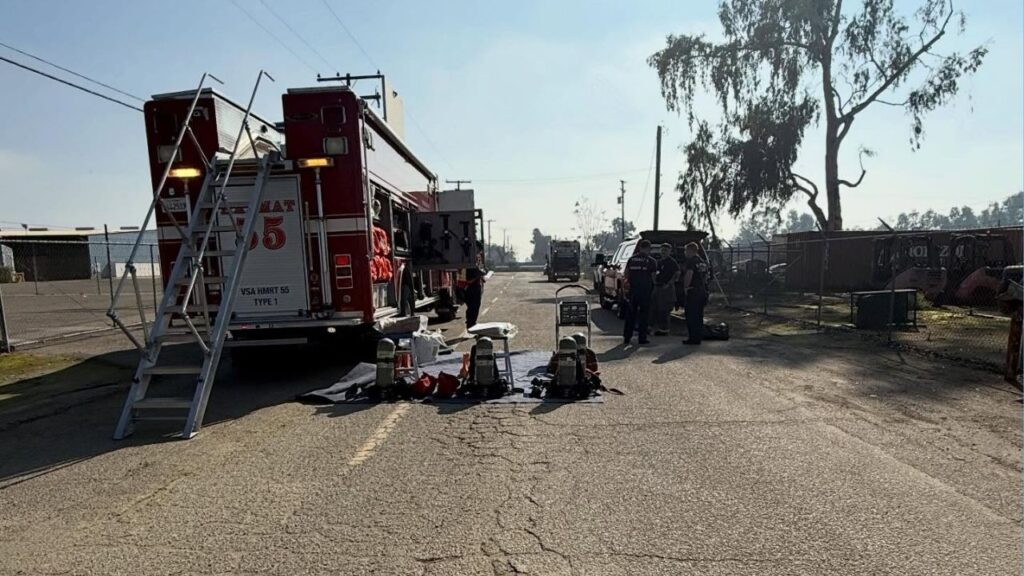Share
Investigators unraveling an identity fraud scheme targeting California’s unemployment system have arrested 44 people in Beverly Hills this month alone, officials said Thursday.
More arrests are expected as the California Employment Development Department and federal authorities investigate reports of people receiving unsolicited letters, some with debit cards, from the state’s jobless agency, the EDD said.
“Scammers are using a complex profile of stolen personal identifying information most likely obtained from national and global data breaches,” the department said.
Investigators suspect scammers are attempting to intercept fraudulent items when they are mailed so they can cash in on the jobless benefits, the agency said.
The agency is focusing on a segment of jobless claims called Pandemic Unemployment Assistance, which helped people not normally eligible to receive unemployment benefits, including independent contractors.
Some of the PUA claims were backdated in an effort to speed up the delivery of benefits. But that practice created a vulnerability in the system that enabled fraud rings to capitalize on earlier payments, officials said.
A Total of $289,000 in Cash Also Was Seized From the Suspects Along With Seven Handguns
“The EDD took action to shut down automatic backdating in the PUA program,” EDD said. “Following that, PUA applications dropped sharply to 145,790 last week, a decline of more than 72%.”
In Beverly Hills, 129 EDD debit cards were recovered with a total value exceeding $2.5 million, the city’s Police Department said in a statement Wednesday.
A total of $289,000 in cash also was seized from the suspects along with seven handguns.
The investigation found that people were coming into California from out of state to fraudulently obtain EDD debit cards using stolen identities.
The monetary value placed on the cards can be as high as $20,000 and cardholders are able to withdraw up to $1,000 per day per card, police said.
“The suspects will most often have numerous EDD cards in their possession with other people’s identities, along with large amounts of cash. They will then use the cards to lease short-term rentals, rent luxury vehicles, dine at restaurants and purchase high-end merchandise,” the department said.
RELATED TOPICS:
Categories
